The Master and His Emissary Conversations
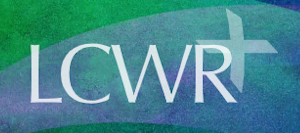
The Indispensable Need to Learn to See Anew by Annmarie Sanders, IHM
Dr. Iain McGilchrist is a psychiatrist, neuroscience researcher, philosopher, and literary scholar. He is a Quondam Fellow of All Souls College, Oxford, an associate fellow of Green Templeton College, Oxford, a fellow of the Royal College of Psychiatrists, and former consultant psychiatrist and clinical director at the Bethlem Royal & Maudsley Hospital, London. He has been a research fellow in neuroimaging at Johns Hopkins Hospital, Baltimore and a fellow of the Institute of Advanced Studies in Stellenbosch. He has published on topics in literature, philosophy, medicine, and psychiatry. A citizen of Scotland, he is the author of a number of books, but is best-known for The Master and his Emissary: The Divided Brain and the Making of the Western World and The Matter with Things: Our Brains, Our Delusions, and the Unmaking of the World. LCWR communications director Annmarie Sanders, IHM interviewed Dr. McGilchrist on the need to perceive and love the world with an expansive vision and on the role of wonder and awe in the spiritual life.

Radio Skye’s Suzy Lee chats to Dr Iain McGilchrist
It's not every day you get an hour with a Psychiatrist to pick their brains on the state of the world, but today Suzy gets just that! Dr Iain McGilchrist, a renowned psychiatrists, writer and former Oxford scholar who lives in Skye is well known for his books 'His...
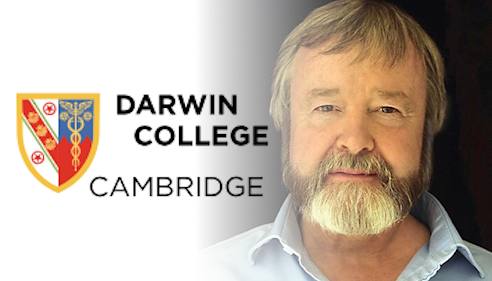
A revolution in thought? How hemisphere theory helps us understand the metacrisis – Darwin Lecture, Darwin College, Cambridge University, Lady Mitchell Hall, Sidgwick Avenue – Cambridge University
9th February 2024, 17:30-18:30 (in-person event) It is often remarked that though it may seem that we face numerous global crises of different kinds – environmental, social, political, cultural, economic, psychological, and so on – these crises are interrelated. The...
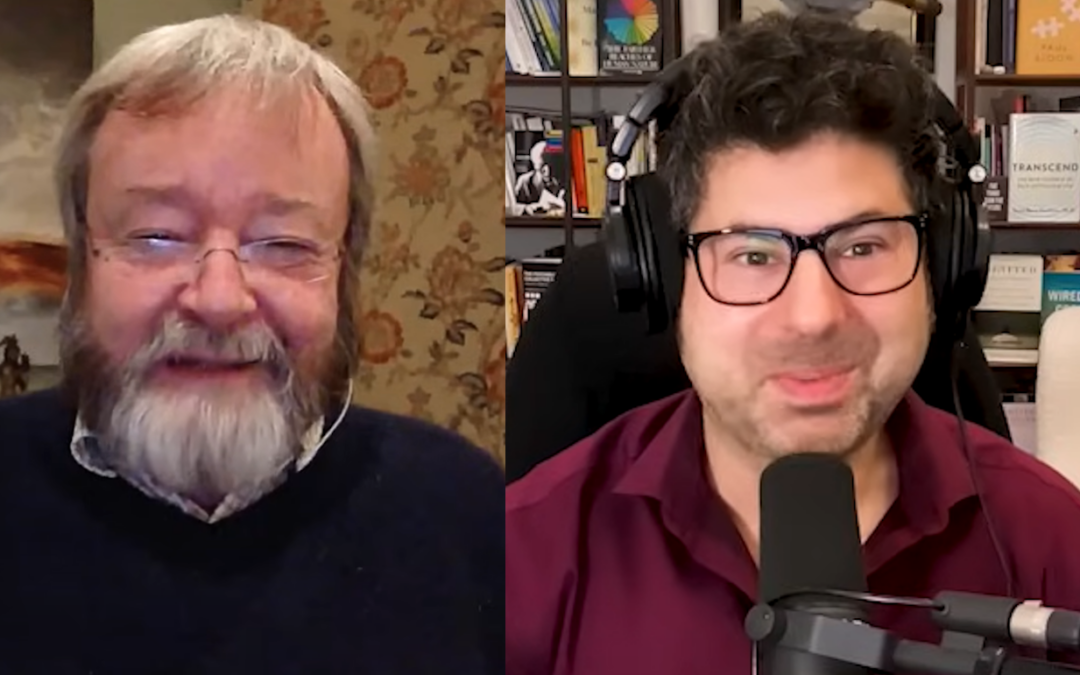
The Psychology Podcast – Right Brain, Creativity, and Meaning in Life with Scott Kauffman and Iain McGilchrist
Running Time: 01:01:56
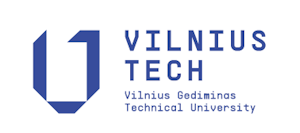
The Divided Brain and Ways of Building the World: Parallels in the Thought of Iain McGilchrist and Christopher Alexander by Or Ettlinger
Abstract: What might have led to the fundamental changes in the built environment during the 20th century? While factors such as postwar reconstruction, urbanization, industrialization, shifts in style, or socio-political changes are surely involved, there may be deeper influences that are associated with the structure and dynamics of the human brain. Iain McGilchrist’s hemisphere hypothesis proposes that the differences between the left and right hemispheres are not functional but embody opposing approaches to the world: the left sees an atomized world made of things to be controlled and manipulated for survival; the right sees an interconnected world of wholes with which it is deeply related. McGilchrist observes that in recent centuries, there has been an increasing shift in the West towards the left hemisphere’s approach. Christopher Alexander’s lifelong quest for wholeness in the built world resonates with McGilchrist’s observations as applied to the field of architecture. Alexander observed that today’s built environment is an expression of our civilization seeing the world as a giant mechanism made of parts rather than an indivisible whole. In response, Alexander developed design methods that approach the world as a unified whole and the building of new places as a further unfolding of that whole.
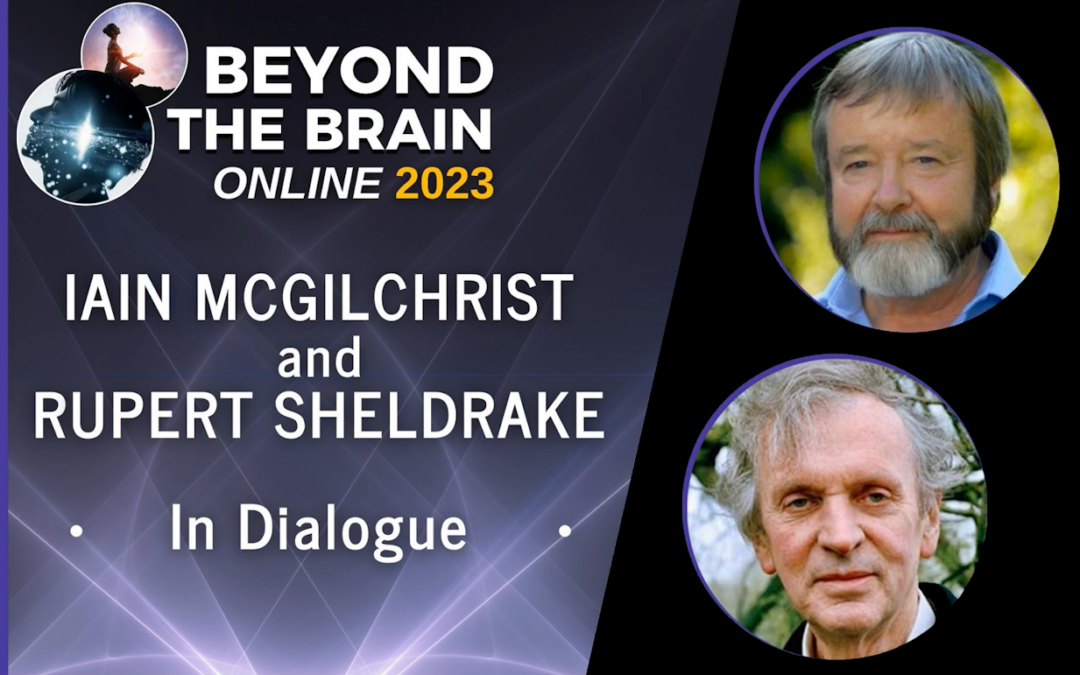
Dr Rupert Sheldrake and Dr Iain McGilchrist – In Dialogue. Saturday Morning – Beyond the Brain 2023
Running Time: 01:20:21
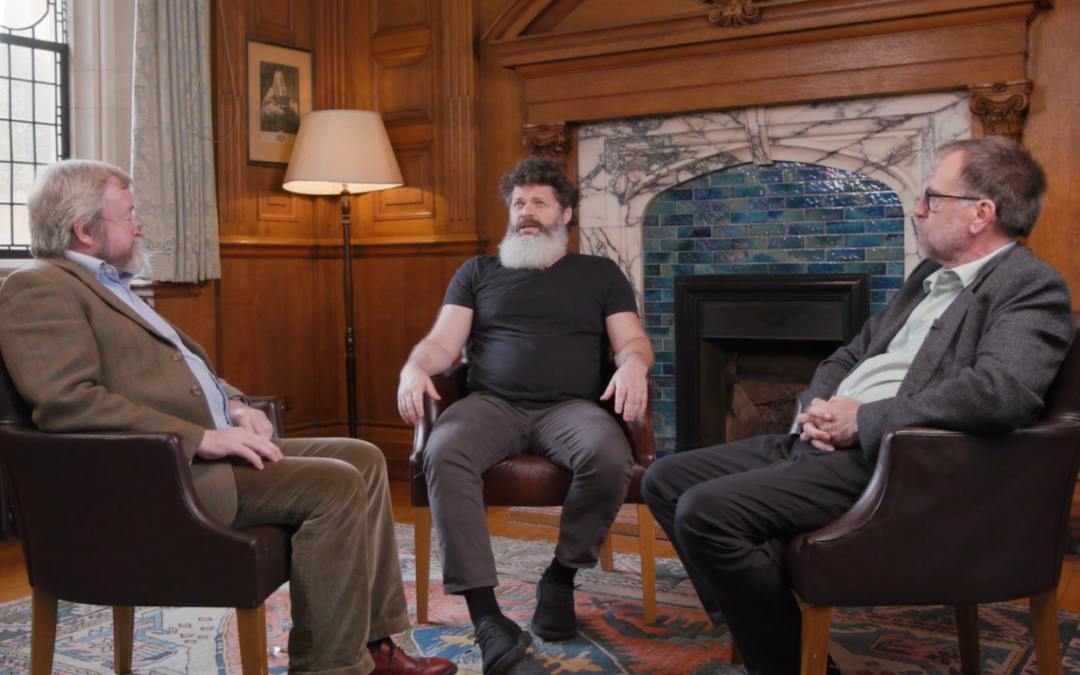
The Psychological Drivers of the Metacrisis: John Vervaeke Iain McGilchrist Daniel Schmachtenberger
Running Time: 03:21:54
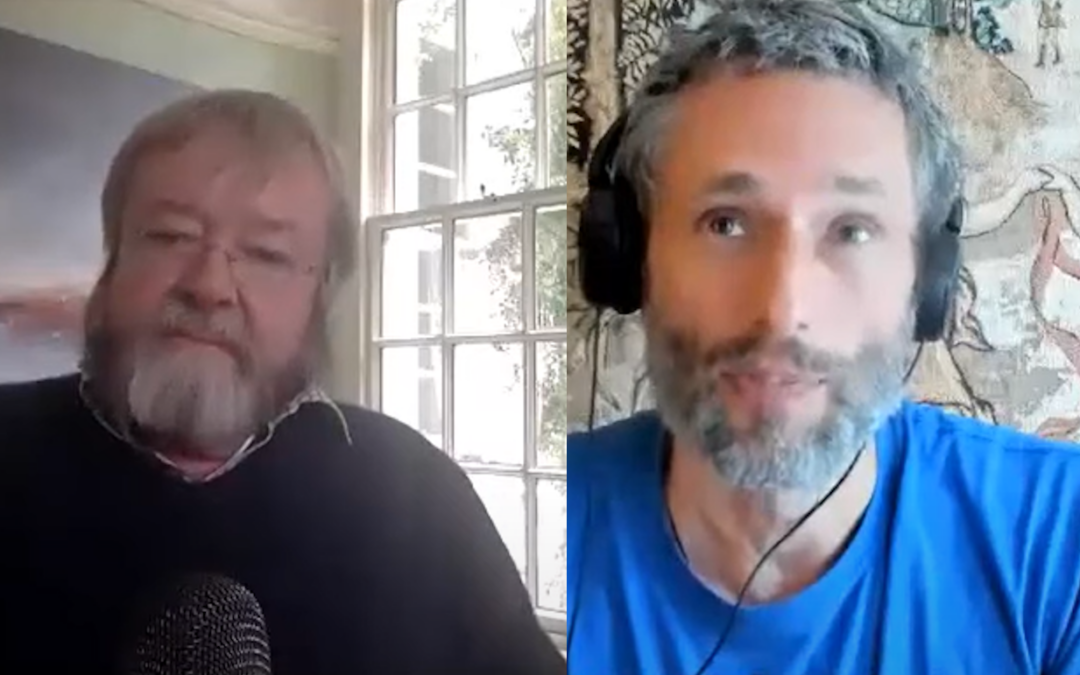
The Master and his Emissary – A conversation of Dr. Iain McGilchrist and Charles Eisenstein
Running Time: 01:28:05
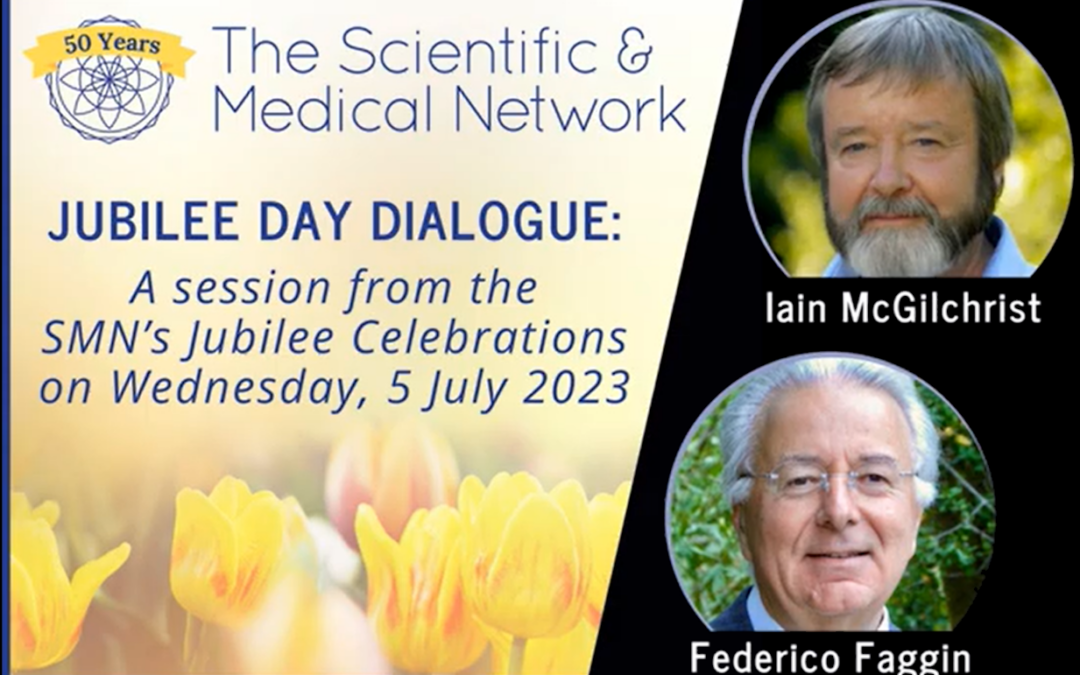
Jubilee Day Dialogue – Iain McGilchrist and Federico Faggin
Running Time: 00:46:05
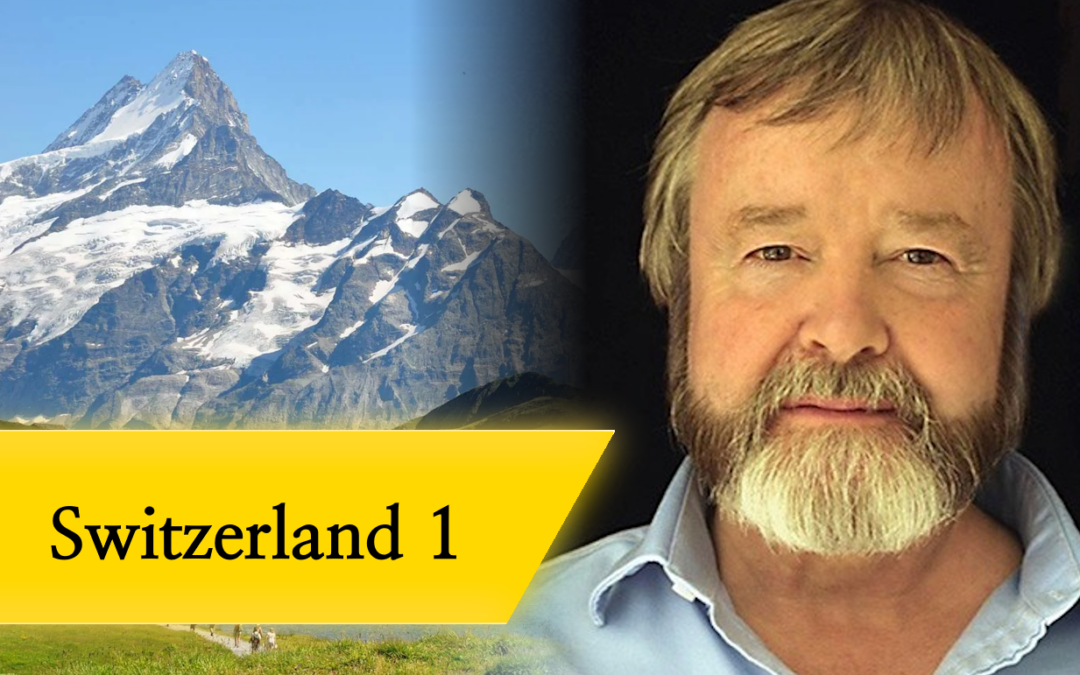
Switzerland Series 1: Perspectives on the Nature of Reality to Inform Systemic Change, Dr Iain McGilchrist, CERN, Switzerland
Running Time: 01:01:20
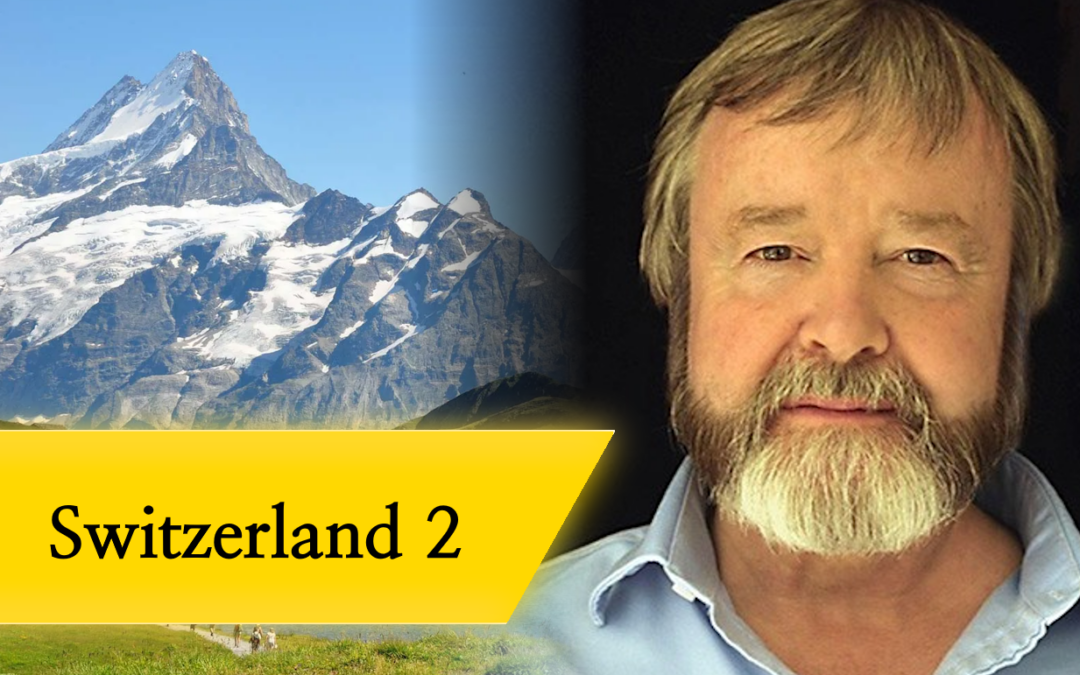
Switzerland Series 2: The Matter With Things: The Case for Shifting Our Attention, Dr Iain McGilchrist – Geneva, Switzerland
Running Time: 01:27:08
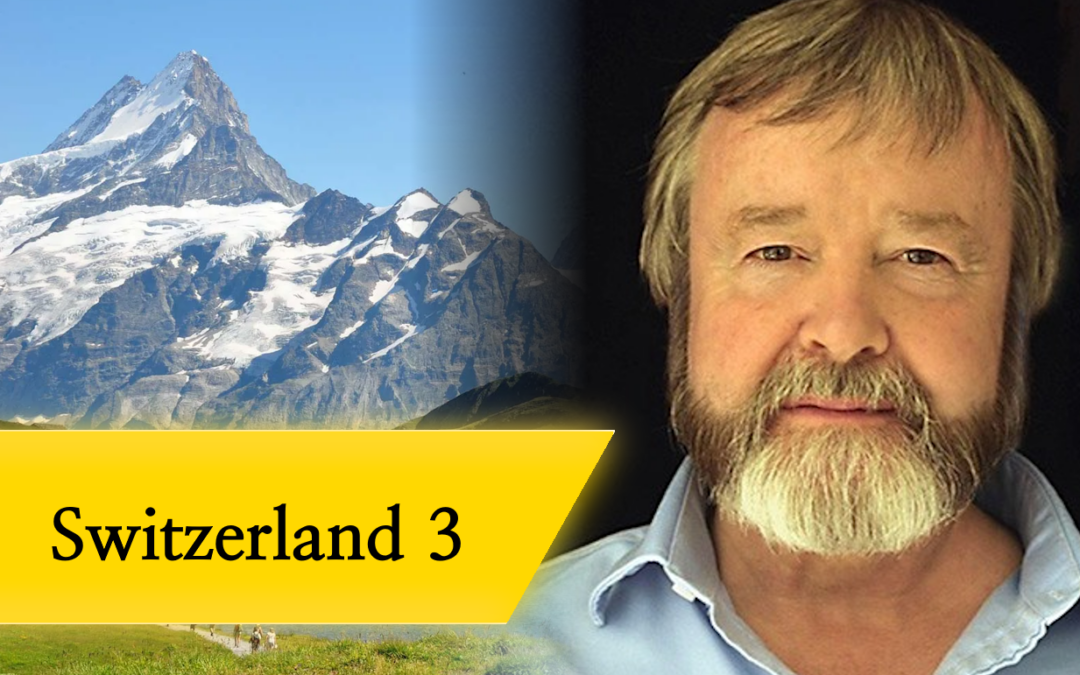
Switzerland Series 3: Panel discussion: Hemisphere lateralisation hypothesis & our approach to basic research, Iain McGilchrist at Basel, Switzerland
Running Time: 00:58:48

Iain McGilchrist – The Divided Brain and the Meaning of Life (The ‘How to Academy’ with David Malone, Audio Podcast)
This podcast (courtesy of the 'How to Academy' is taken from the members recording - 'A New Philosophy of Life' which can be found in the library section of our members area. To find out about becoming a member click here, or visit...
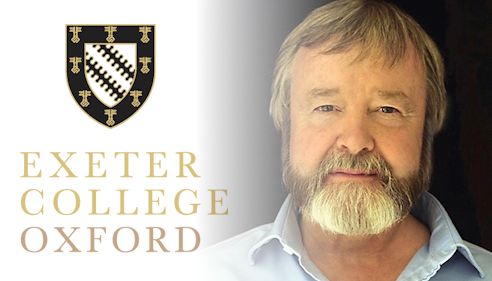
RECOLLECTION LECTURE SERIES: Dominus Illuminatio Mea: our Brains, our Delusions and the Future of the University
Wednesday 7th, February 2024, 4.00pm - 5.00pm (in-person event) Event description. Universities face a number of challenges which threaten to make them less attractive and more expensive. Indeed, some seem already to consider universities increasingly irrelevant. Yet...
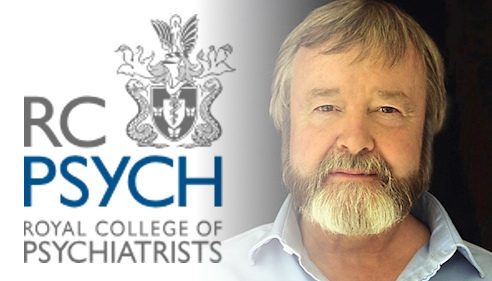
All day seminar at Royal College of Psychiatrists Evolutionary Psychiatry Special Interest Group, London
5th April 2024 - further details to follow
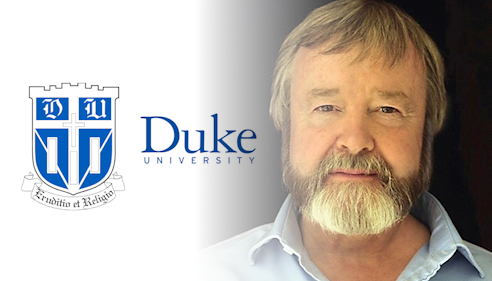
John P McGovern Lecture, Duke University, USA
2nd & 3rd April 2024 - further details to follow
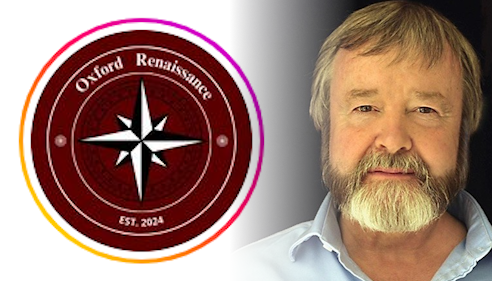
Oxford Renaissance: Dr. Iain McGilchrist
Tuesday, 6th February 2024, 17.00 - 18.00 (in person event) Event description. We are excited to be hosting our first Oxford Renaissance event with Dr. Iain McGilchrist. The event will take place this Tuesday 6th February at 5PM in Dorfman Room, St Peter's college. ...

The Consciousness of Neuroscience by Alex Gomez-Marin: Published in eNeuro
Feynman’s Birds: Richard Feynman is notorious for his witty quotes, including that “philosophy of science is about as useful to scientists as ornithology is to birds.” Indeed, some neuroscientists would look perplexed in front of analytic accounts of their own practices, methods, and foundations. Starlings fly by flapping their feathered wings and yet, regardless of their individual skills and collective choreographies, they may be ignorant about how and why they do it.
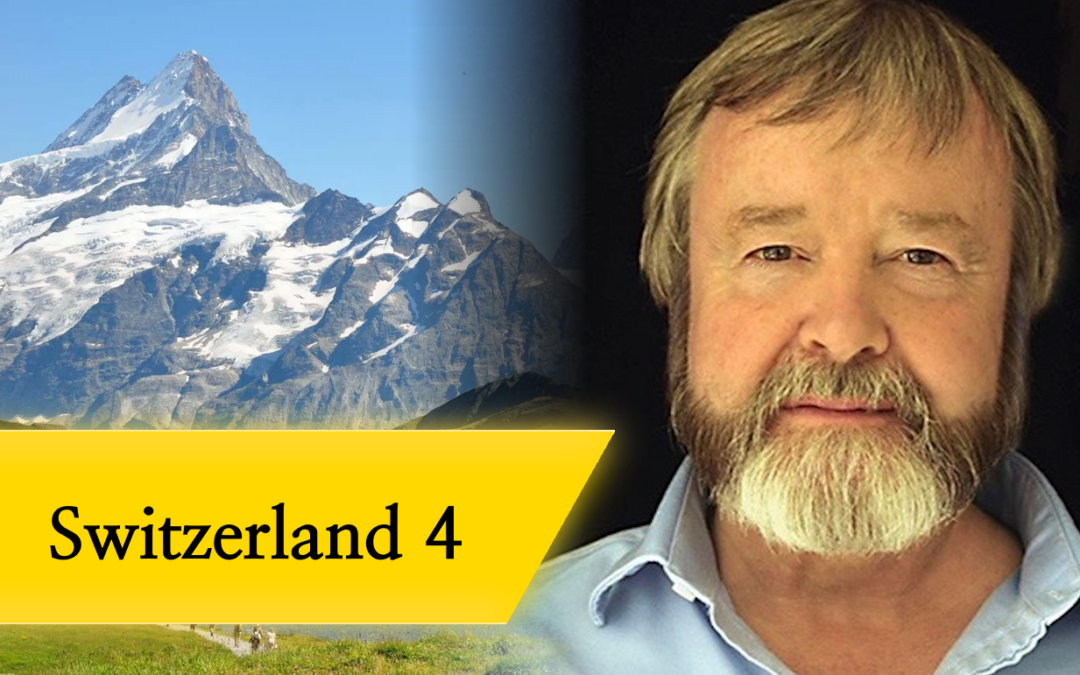
Switzerland Series 4: Lecture – The hemisphere lateralisation hypothesis & our approach to basic research by Dr I. McGilchrist, Basel, Switzerland
Running Time: 00:40:52
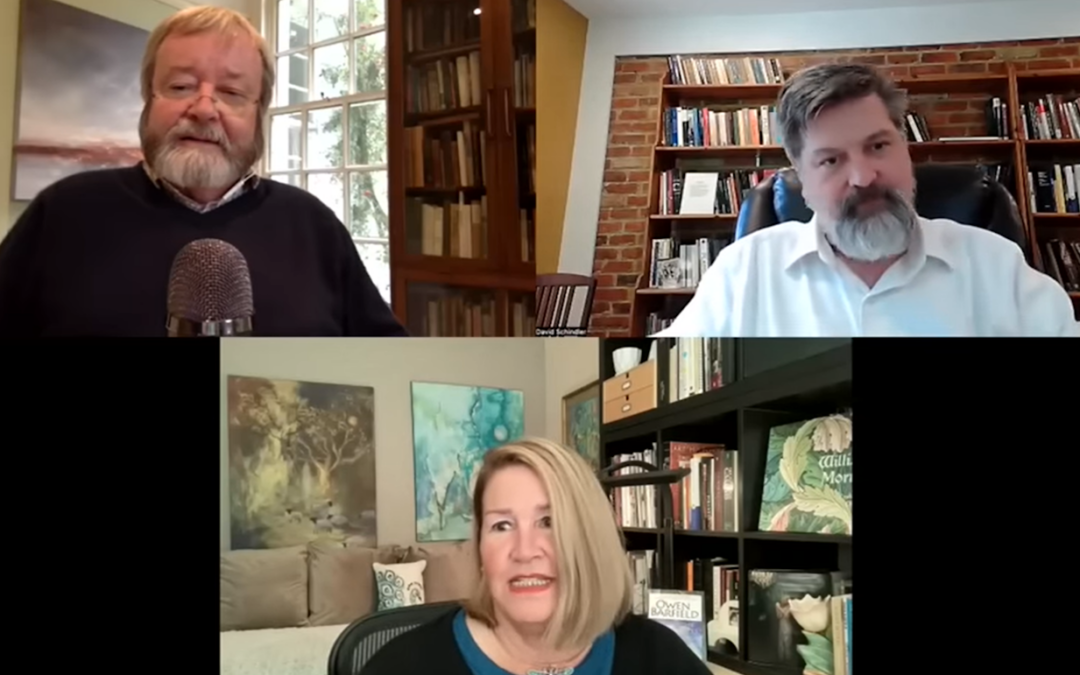
Iain McGilchrist and D C Schindler: Is Love the Source and Sustenance of Everything in the Universe?
Running Time: 01:20:02
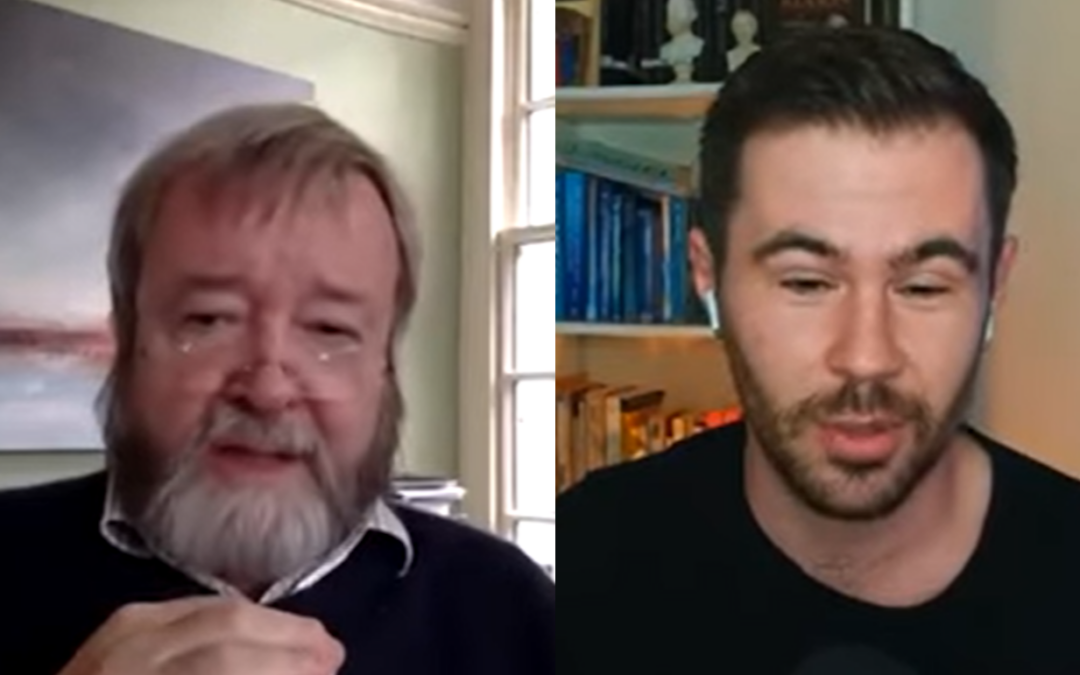
Mahon McCann with Dr Iain McGilchrist: use NEUROSCIENCE to master your ATTENTION
Running Time: 01:02:20
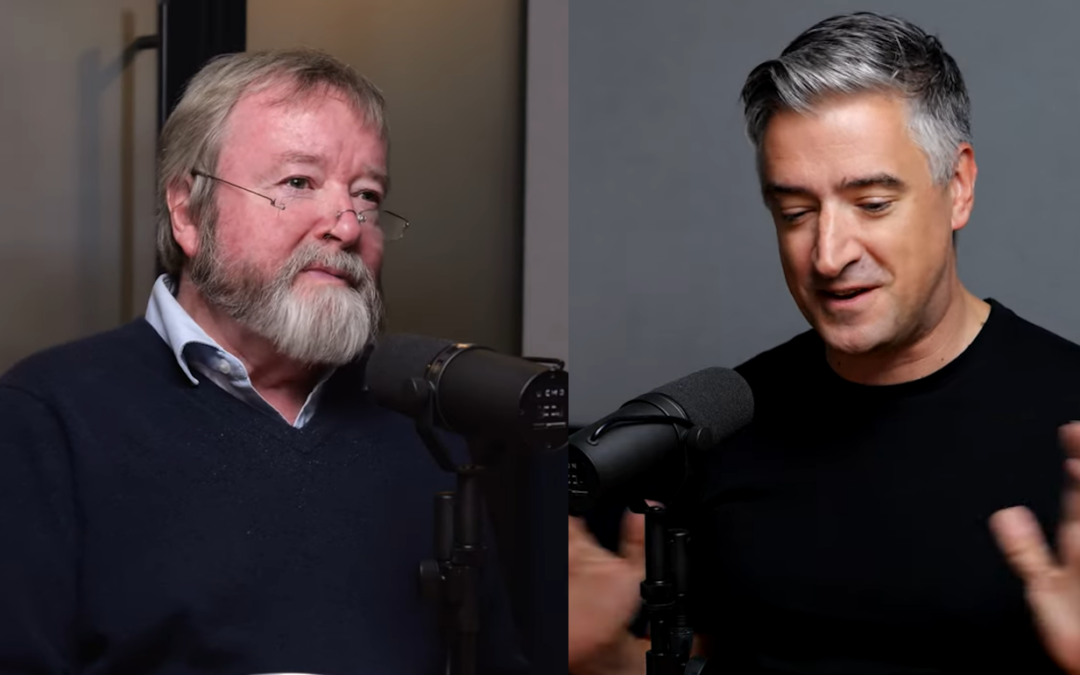
Uncensored CMO – The divided brain, attention and how we see the world with Dr Iain McGilchrist
Running Time: 00:48:35
The ‘Beaconsfield Podcast’ #18 The Call to Repair with Dr Iain McGilchrist
Running Time: 00:53:18
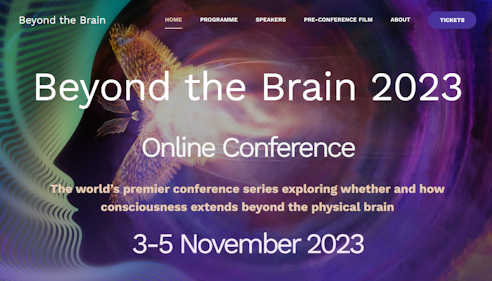
Beyond the Brain 2023 – Online Conference
Friday, 3rd November to Sunday, 5th November, 2023 onlineEvent description. I regard consciousness as fundamental, matter is derivative from consciousness. We cannot get behind consciousness. Everything that we talk about, everything that we regard as existing,...
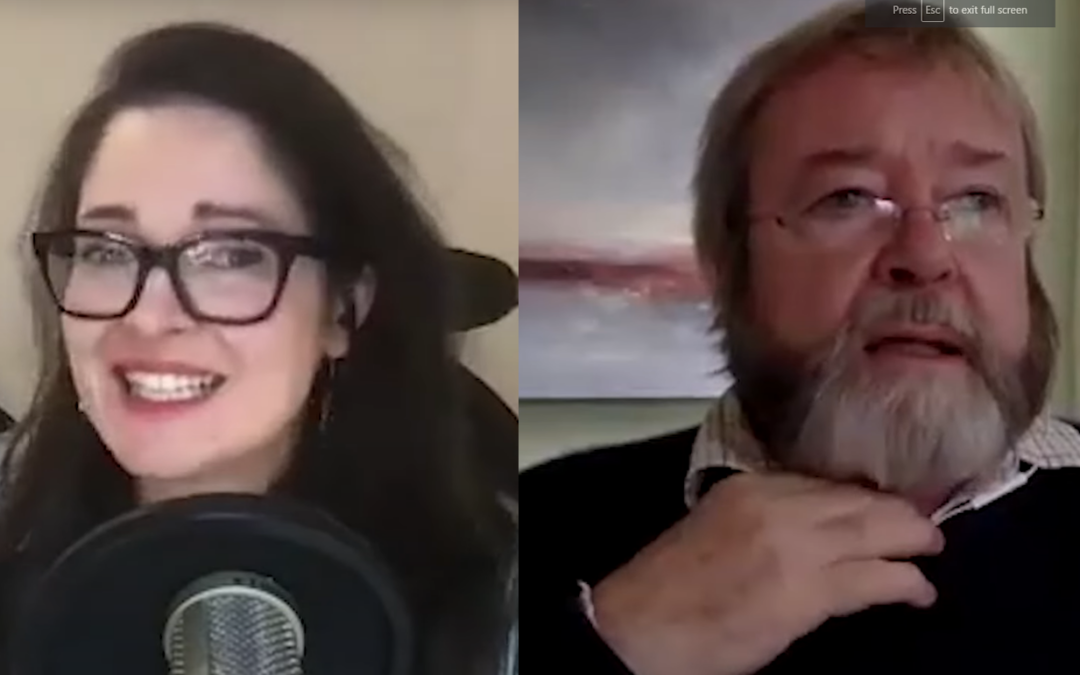
Iain McGilchrist on The Divided Brain and Perceiving the Sacred
Running Time: 01:22:39
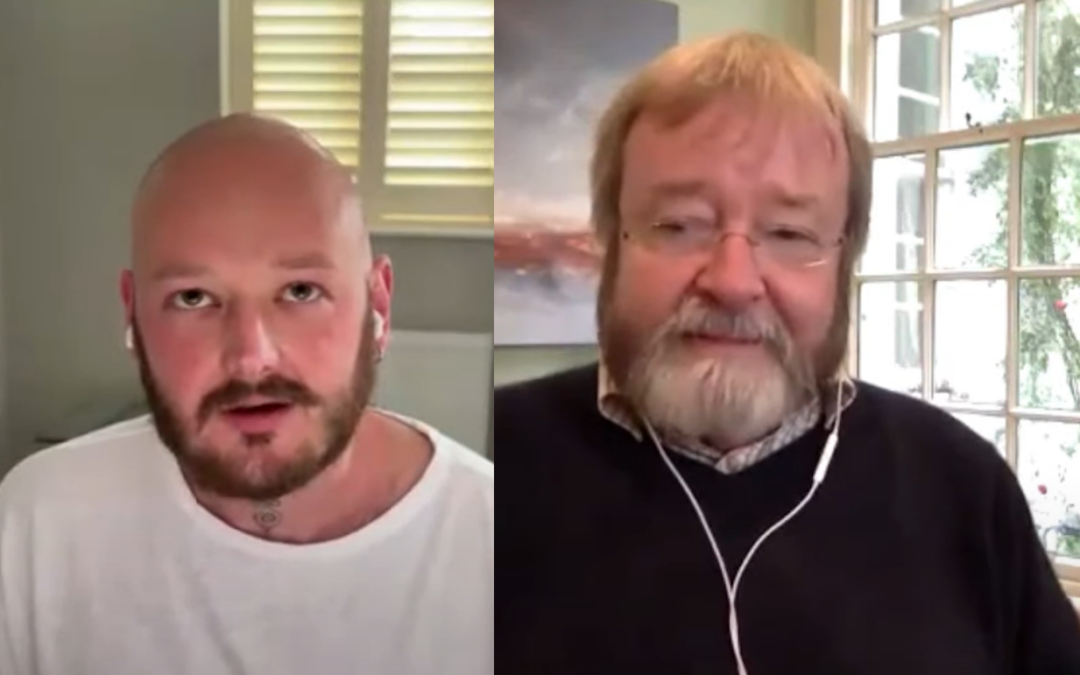
Bringing the world into being: •Episode 5• Iain McGilchrist
Running Time: 01:32:36

What inspired you? Iain McGilchrist, a contemporary spiritual thinker – by Dr Michael Evans
I begin with this quotation from the Introduction to The Matter with Things. In recent years I rejoined the Scientific and Medical Network in search of contemporary thinkers, outside the Anthroposophical Society, who appear to be awakening to the spiritual in the human being and the cosmos. They may consciously or unconsciously be representatives of the Spirit of our time – Michael. One such individual, I think, is Iain McGilchrist whose writings and interviews I have explored and would like to introduce in this article.
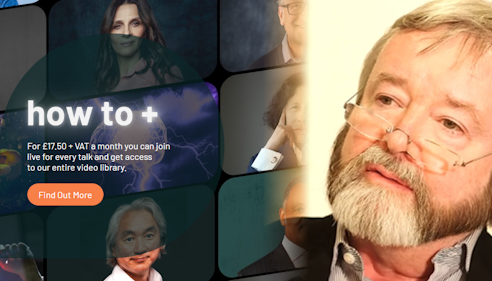
A New Philosophy of Life – Iain McGilchrist In Conversation With David Malone (live event)
Thursday, 2nd November 2023 6:45pm to 8.00pm (in person event) Event description. Join the philosopher and neuroscientist for a profound new story of what the world is and who we are. Iain McGilchrist’s book The Master and His Emissary was that rare thing: a...

Local Futures – Planet Local Summit, A celebration of the worldwide localisation movement
Friday 29th September to Sunday 1st October 2023 Event description. About The Planet Local Summit is a project of Local Futures, an international nonprofit and pioneer of the localisation movement. The Summit will shine light on localisation as a solution-multiplier...
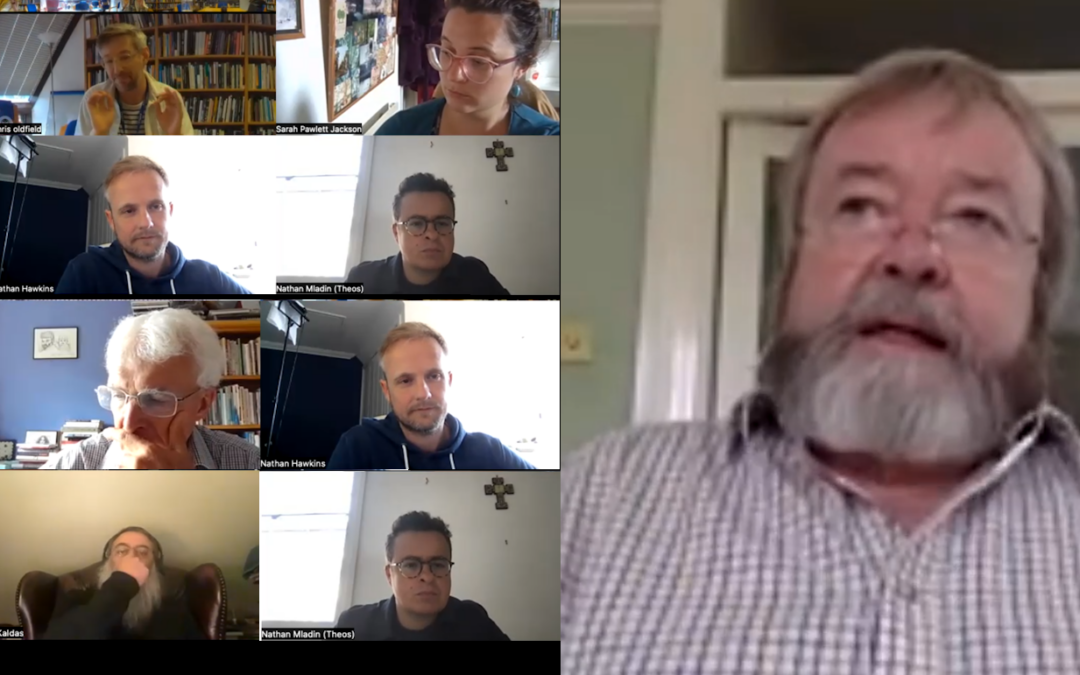
The Faraday Institute for Science & Religion, Q&A on The Matter with Things with Iain McGilchrist
Running Time: 01:18:23
Iain Mcgilchrist and the dilemma of right brain romanticism – by Sir Jonathan Bate
Nearly thirty years ago, Iain McGilchrist published a book called Against Criticism. What he was really against was the dominance of literary theory, as it was taking hold of the academic study of English at that time. The fashion was to begin with a theoretical...
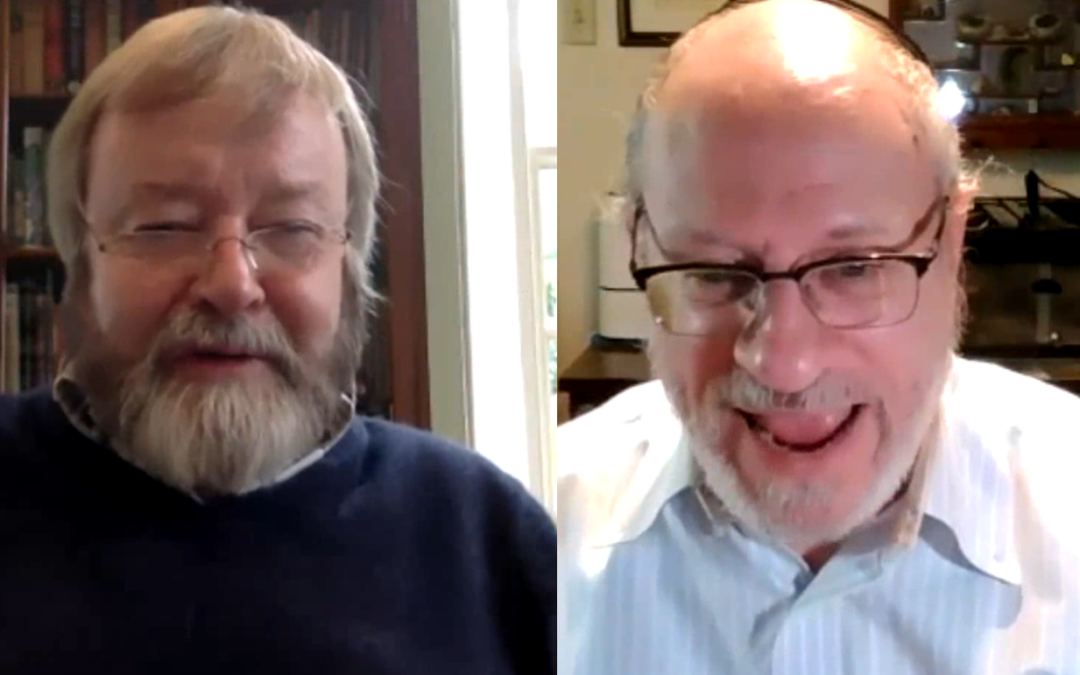
Right – Left Brain Worldviews and the Kabbalah – Iain McGilchrist & Hyman Schipper
Running Time: 01:14:39
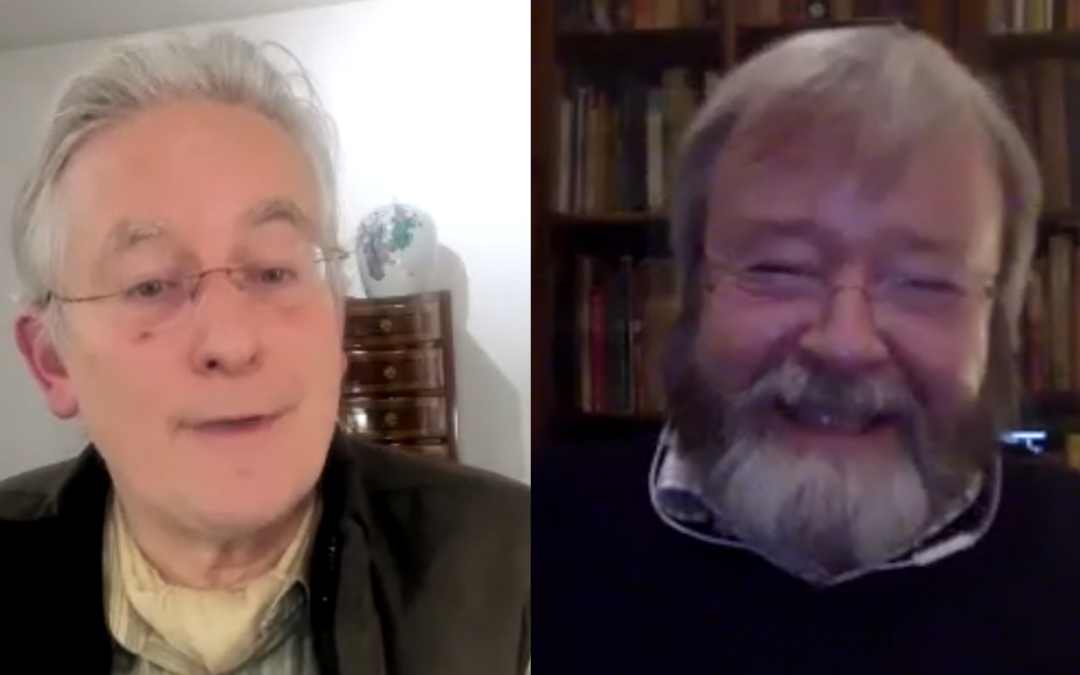
The Brain, the Sacred and the Soul – Iain McGilchrist and Thomas Steininger of Evolve
Running Time: 02:17:35
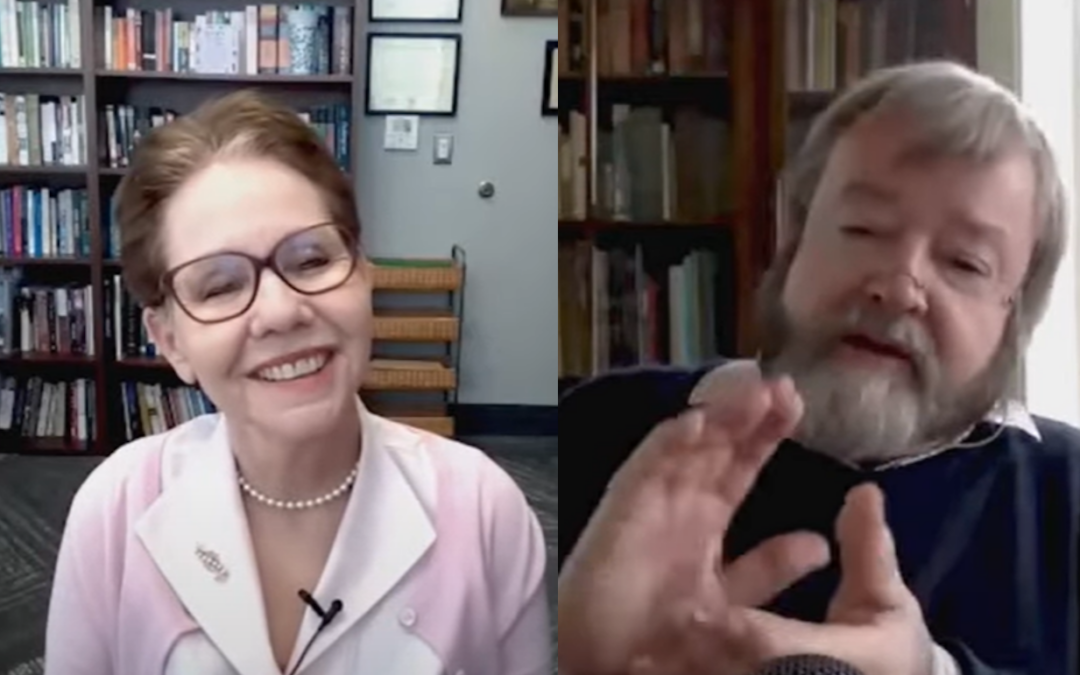
Iain McGilchrist, The Civil Discourse (Season 4)
Running Time: 00:26:45
“Oriente equilibró mejor las visiones de los dos hemisferios cerebrales” – con Jorge Fontevecchia
—¿cómo explica que la división del trabajo entre los dos hemisferios cerebrales pueda proporcionar información clave sobre la naturaleza humana? —Como prácticamente todos los animales, hemos evolucionado para tener dos centros de conciencia, no solo uno. Dos lugares...
Dr. Richard Cocks – References
References for Review of The Matter With Things – Richard Cocks Most references are Iain’s own from the book simply repeated in the review. If all that appears is a number in parentheses, then that is from The Matter With Things. My editor does not like footnotes, so...
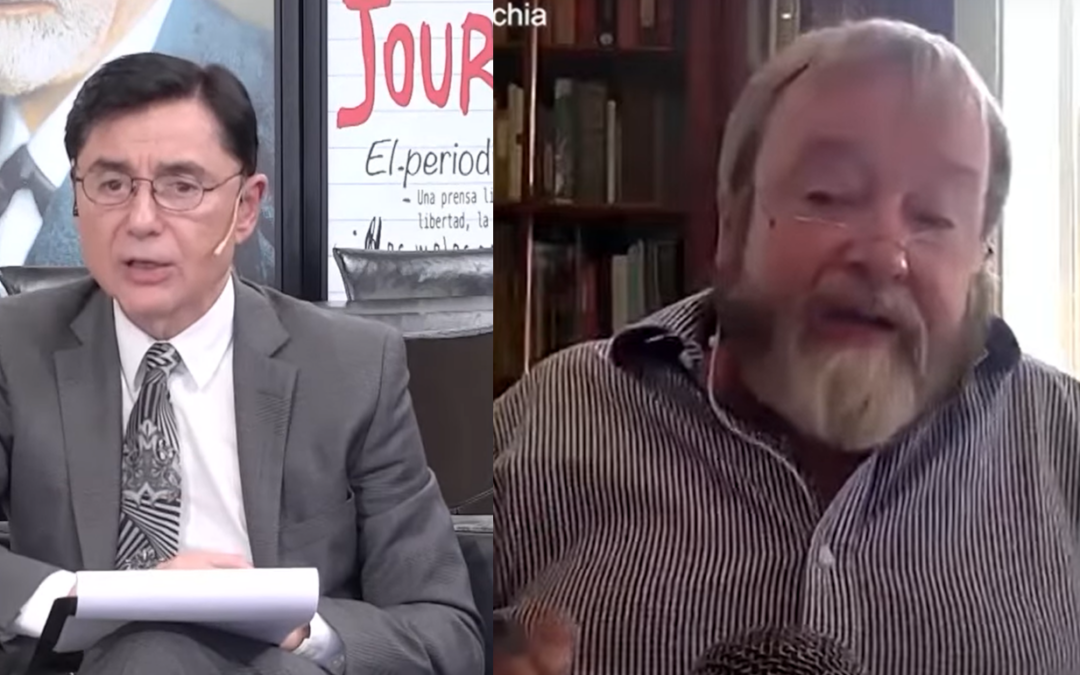
Iain McGilchrist con Jorge Fontevecchia – Entrevista Completa – Tiene una implicación moral la forma en que elegimos prestar atención al mundo: Periodismo Puro (Spanish voiceover)
Running Time: 00:59:38
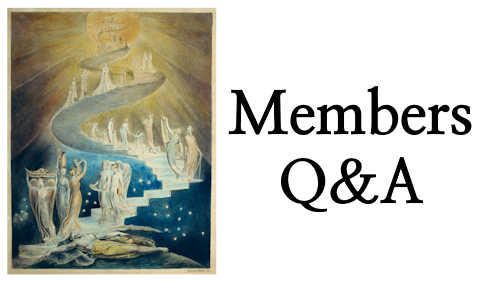
Members’ Q&A – 7th September 2023
7th September 2023 (6.00pm to 7.45pm) Event description This event is open to Channel McGilchrist members only. As a Channel McGilchrist member, you have the unique opportunity to put a question to Iain for a live Q&A session via Zoom. These Q&A's take place...
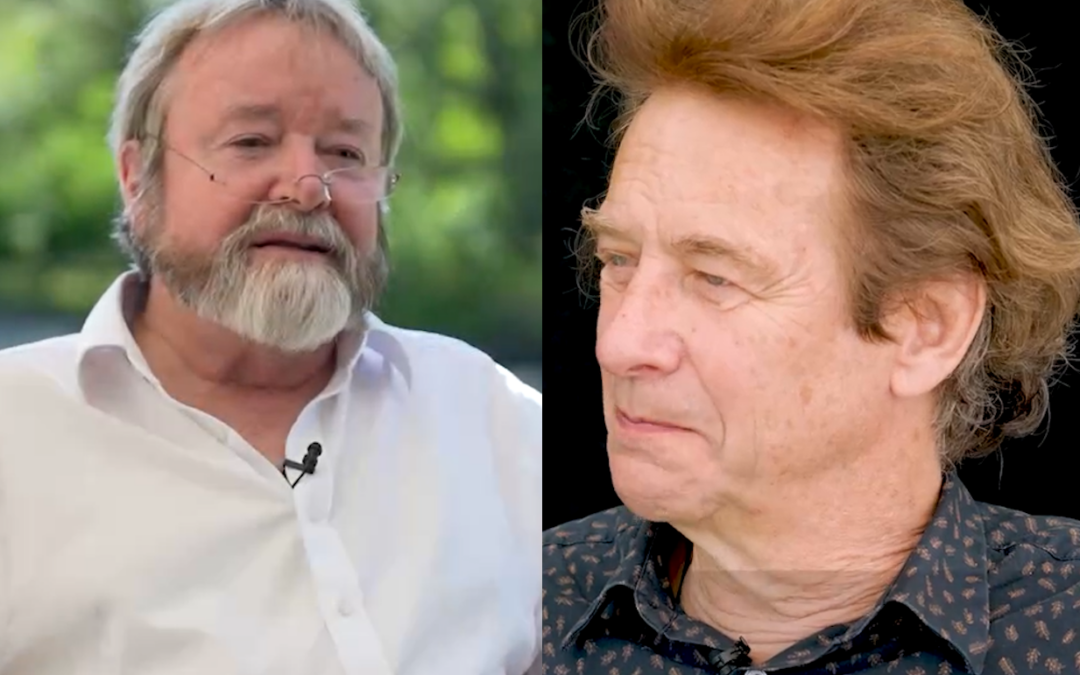
In Conversation: Iain McGilchrist and Hilary Lawson – Philosophy of our Time (iai)
Running Time: 00:17:27

Iain McGilchrist: “Oriente equilibró mejor las visiones de los dos hemisferios cerebrales”
Es psiquiatra, filósofo y neurocientífico, dedicó toda su vida al estudio de la relación mente-cuerpo, se formó en medicina y en sus libros intenta explicar cómo los humanos podemos vivir y comprender el mundo real reuniendo la filosofía, la física y la neurociencia para crear una visión única de nuestra realidad; demoliendo el mito de la teoría de los hemisferios cerebrales y encontrando una singular interpretación para ciertas formas de entender el universo.
